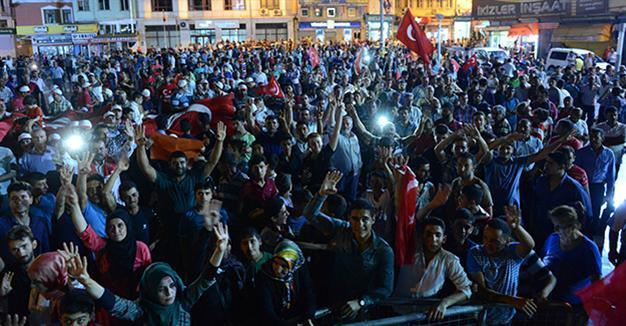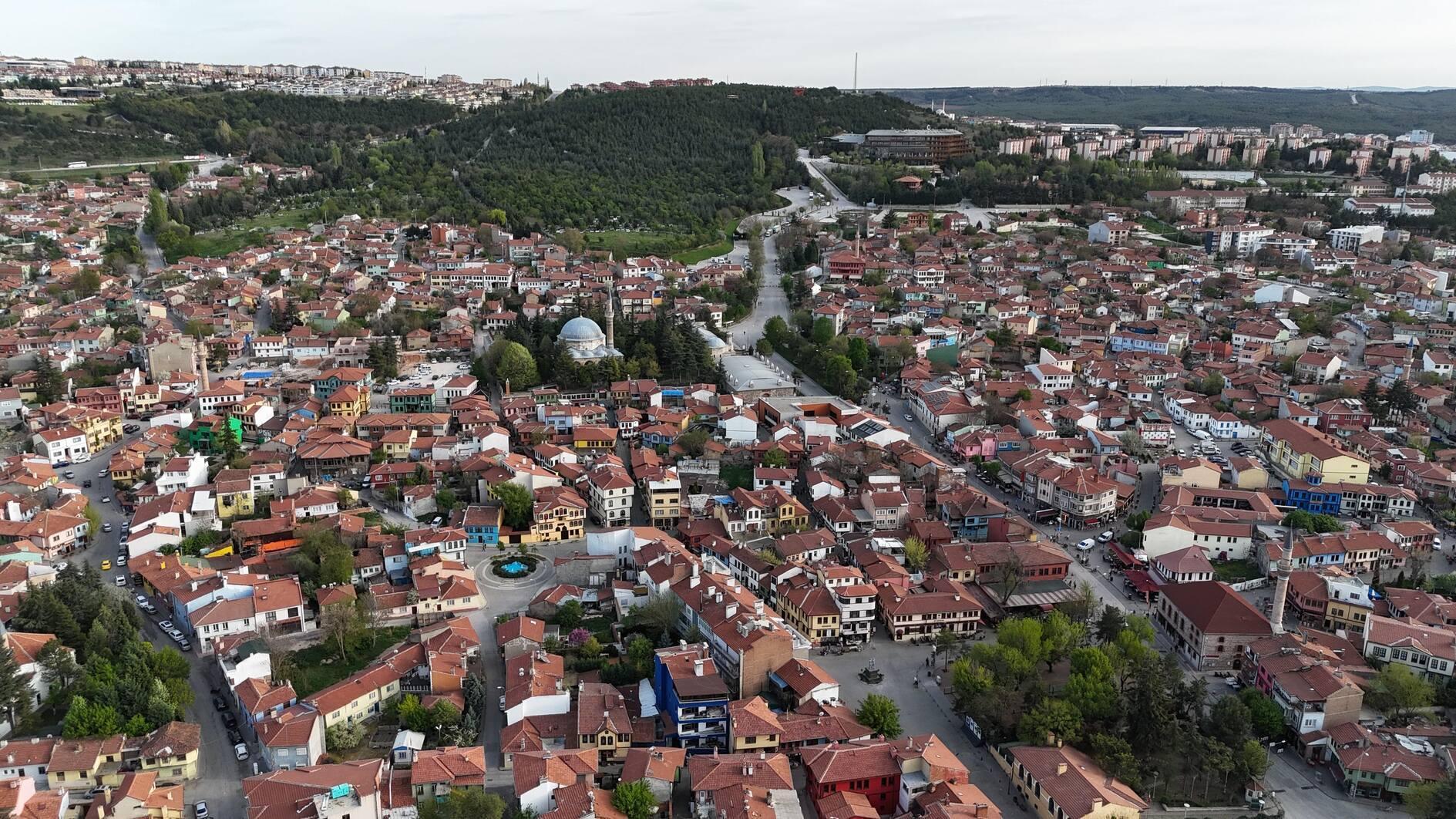Coup attempt triggers debate on death penalty
ANKARA

AA photo
A debate on reinstalling capital punishment has heated up further after demands from angry crowds during anti-coup attempt protests in Turkey, with Prime Minister Binali Yıldırım stressing the importance of a “calm discussion” and Ankara’s European partners expressing their concerns.Yıldırım had stated on July 15 that his government could not remain indifferent to demands for reinstating the death penalty to punish coup plotters, but stressed that the issue must be debated in parliament.
“People are chanting for ‘capital punishment’ on the streets. Turkey is a state of law. Our citizens’ demand is an order for us. But it wouldn’t be right to act hastily when the matter is still hot. Our parliament will consider the issue. We will act in line with public’s opinion,” he later told journalists on July 18.
Yıldırım’s remarks came after President Recep Tayyip Erdoğan vowed on July 17 that Turkey would consider reinstating the capital punishment.
“In democracies, decisions are made based on what the people say. I think our government will speak with the opposition and come to a decision,” Erdoğan said, reacting to crowds in Istanbul calling for capital punishment for the attempted coup perpetrators.
“We cannot delay this anymore because in this country, those who launch a coup will have to pay the price for it,” he added after attending funerals for the coup attempt victims.
In the aftermath of Friday’s foiled coup, there have been frequent calls for capital punishment to make a return in Turkey. The country abolished the death penalty in 2004 under reforms aimed at obtaining European Union membership.
Reinstatement would create further issues between the EU and Ankara in the already stalled membership talks.
EU candidate Turkey would be barred from joining the bloc if it reinstated the death penalty, EU foreign affairs head Federica Mogeherini said on July 18.
“Let me be very clear ... no country can become an EU state if it introduces the death penalty,” Mogherini said when asked about the possible impact on long-stalled accession talks with Ankara.
Turkey cannot join the union if it reinstates the death penalty, a spokesman for the German government also said on July 18.
“Germany and the member states of the EU have a clear position on that: we categorically reject the death penalty,” government spokesman Steffen Seibert told a news conference.
“A country that has the death penalty can’t be a member of the European Union and the introduction of the death penalty in Turkey would therefore mean the end of accession negotiations,” Seibert added.
Although the law was still on the books until 2004, Turkey had not actually executed any prisoners since October 1984.
Prior to 1984, executions would usually happen during eras after military coups. Adnan Menderes, who had served as prime minister, was hanged on Sept. 17, 1961 following the 1960 coup d’état, along with two other cabinet members, Fatin Rüştü Zorlu and Hasan Polatkan. The student leaders Deniz Gezmiş, Hüseyin İnan and Yusuf Aslan were hanged on May 6, 1972 after the 1971 military memorandum. Following the 1980 coup d’état, between 1980 and 1984, a total of 50 people, including 27 political activists, were executed.
















